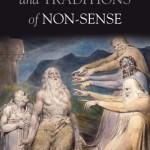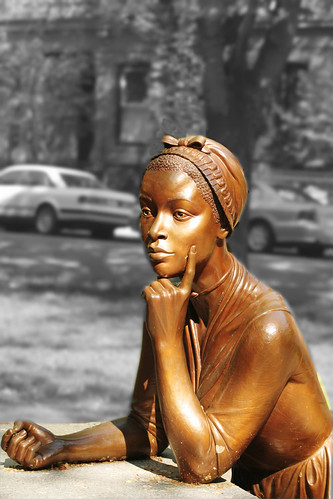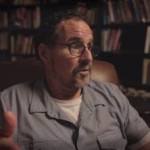We run our website the way we wished the whole internet worked: we provide high quality original content with no ads. We are funded solely by your direct support. Please consider supporting this project.
An Open Orthodoxy
Our friends Tom Belt and Dwayne Polk recently started a blog called An Open Orthodoxy. This is going to be something you’ll want to follow. Really smart guys with something to say. They posted this clarification on the defining claim and core convictions of open theism that hits the nail on the head.
From the blog post:
To summarize, then. God is love, and he creates for benevolent purposes which include creation’s coming to participate in and reflect the love that he is. This glorifies God, and this glory is the end for which all things are created. To fulfill this end, God endowed us with a certain freedom, and this freedom in turn entails certain risks. Open theists reason from these three core convictions — divine love and a free and risky creation — to the conclusion that God knows the open future as a branching of possible ways or paths the world might and might not take. But from the open theist’s point of view, these core convictions are the heart and soul of the view. The conclusion that God doesn’t eternally foreknow in every conceivable detail precisely how the world’s possibilities will unfold (which claim has received all the attention) is — to put it surprisingly but perhaps more accurately — the most uninteresting thing about the view. For us it’s not particularlyabout foreknowledge; it’s about freely becoming what God purposed us to be. It’s abouttheosis. The foreknowledge piece turns out to be just the most consistent way we know to express it.
Amen.
Category: General
Tags: An Open Orthodoxy, Dwayne Polk, Open Theism, Tom Belt
Related Reading

God of Sense and Traditions of Non-Sense
As the title suggests, in his book, God’s Problem: How The Bible Fails to Answer Our Most Important Question – Why We Suffer, Bart Ehrman argues that the Bible has nothing compelling to say about the problem of evil. Well, I just put down a beautifully written four-hundred and fifty page book that compellingly argues…

How do you respond to 2 Timothy 1:9–10?
“…this grace was given to us in Christ Jesus before the ages began, but it has now been revealed through the appearing of our Savior Christ Jesus…” Those who hold that the future is eternally settled and that God knows it as such sometimes argue that God had to foreknow who would believe in order…

How can people who believe the open view trust a God who doesn’t control the future and doesn’t know for sure what will happen?
It’s true that according to the open view of the future things can happen in our lives which God didn’t plan or even foreknow with certainty (though he always foreknew they were possible). In this view, trusting in God provides no assurance that everything that happens to us will reflect his divine purposes, for there…

What is the significance of 1 Chronicles 21:15?
“And God sent an angel to Jerusalem to destroy it; but when he was about to destroy it, the Lord took note and relented concerning the calamity; he said to the destroying angel, ‘Enough! Stay your hand.’” This powerful passage tells us why God sent the angel and why he changed his mind. If God…

Can Science Inform Our Theology?
Over the last century, we have witnessed a revolution in various areas of science that relate to how we see the world and even God. For example, the Platonic notion that time and change are less real than timeless stability is being abandoned in light of the fact that physicists work from the assumption that…


